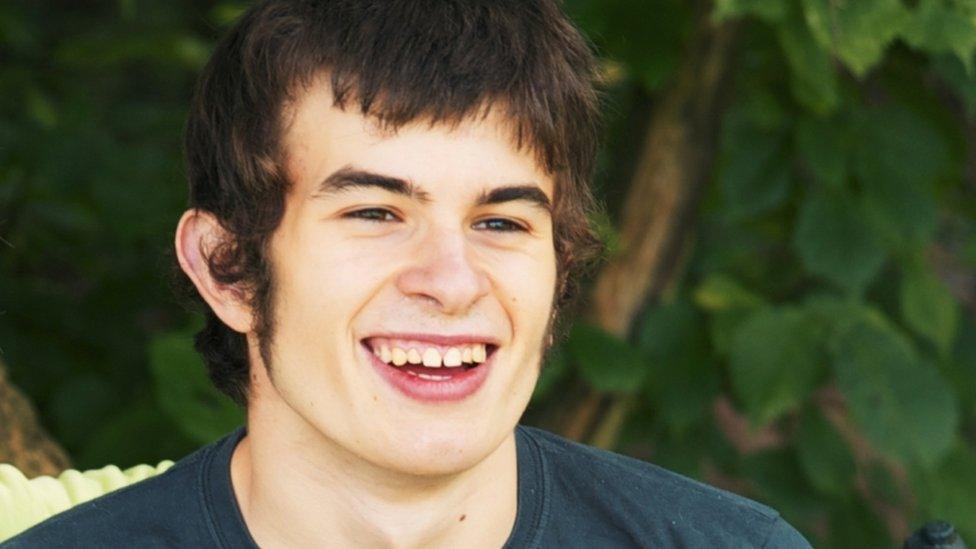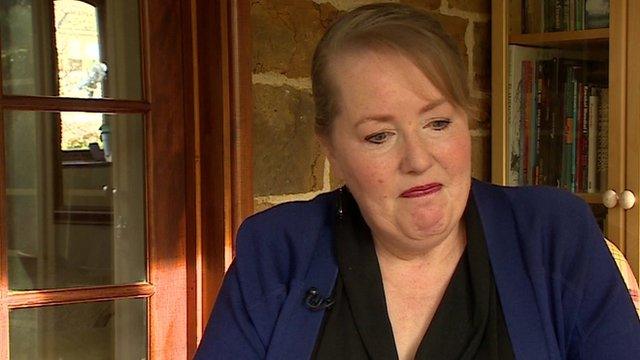Investigating unexpected deaths - unanswered questions for the NHS
- Published

Connor Sparrowhawk, who died at Slade House, had epilepsy and experienced seizures
The Southern Health saga has opened up a whole range of questions for the NHS about how it investigates deaths amongst patients with learning disabilities.
Health chiefs acknowledge that there is not "parity of esteem" in this area and there is much work still to do.
They also admit there is a dearth of official data on unexpected deaths which would allow comparisons between different trusts.
There is a suspicion this might be a systemic issue and that Southern Health was not out of line with many other trusts.
A report , externalcommissioned by NHS England, a version of which was originally leaked to BBC News, showed that of 722 unexpected deaths at Southern Health over four years, only 272 had been investigated.
Investigations which did take place were said to be too long and of "poor quality".
Fewer than 1% of deaths of Southern Health people with learning disabilities were investigated.
Southern Health, in turn, argued that "in most cases referred to in the report, the trust was not the main care provider".
The trust accepted that its processes for reporting and investigating deaths were not as good as they should have been and offered an apology.
Unexpected deaths
Now the Guardian newspaper, external has reported the results of its own research on the issue after Freedom of Information requests to 58 mental health trusts in England.
They were asked for data on the number of deaths amongst patients with learning difficulties while in hospital since 2011.
There were 45 responses and of those 15 trusts said there had been no unexpected deaths. The remaining 30 reported 276 unexpected deaths of which 100 were investigated - just 36%.
While some trusts had investigated all such fatalities, at least one had not investigated any.
The Guardian research, while not presented as the definitive analysis on the subject, adds to the sense of large variations between trusts in the handling of these cases.
The Care Quality Commission, as well as planning an inspection of Southern Health in the new year, has launched a review in England of unexpected deaths amongst people with learning disabilities.
This review had already been planned but I am told the process has been "accelerated" by recent revelations.
The question now is who should take responsibility for establishing the extent of the problem and forcing publication of data by trusts.
NHS England commissioned the report on Southern Health but it is the CQC which will take up the reins with its brief to regulate quality and safety.
The Health Secretary Jeremy Hunt has strongly condemned Southern Health and said the NHS must learn lessons.
What is becoming clear is that there are system wide problems which might take some time to resolve.
- Published17 December 2015
